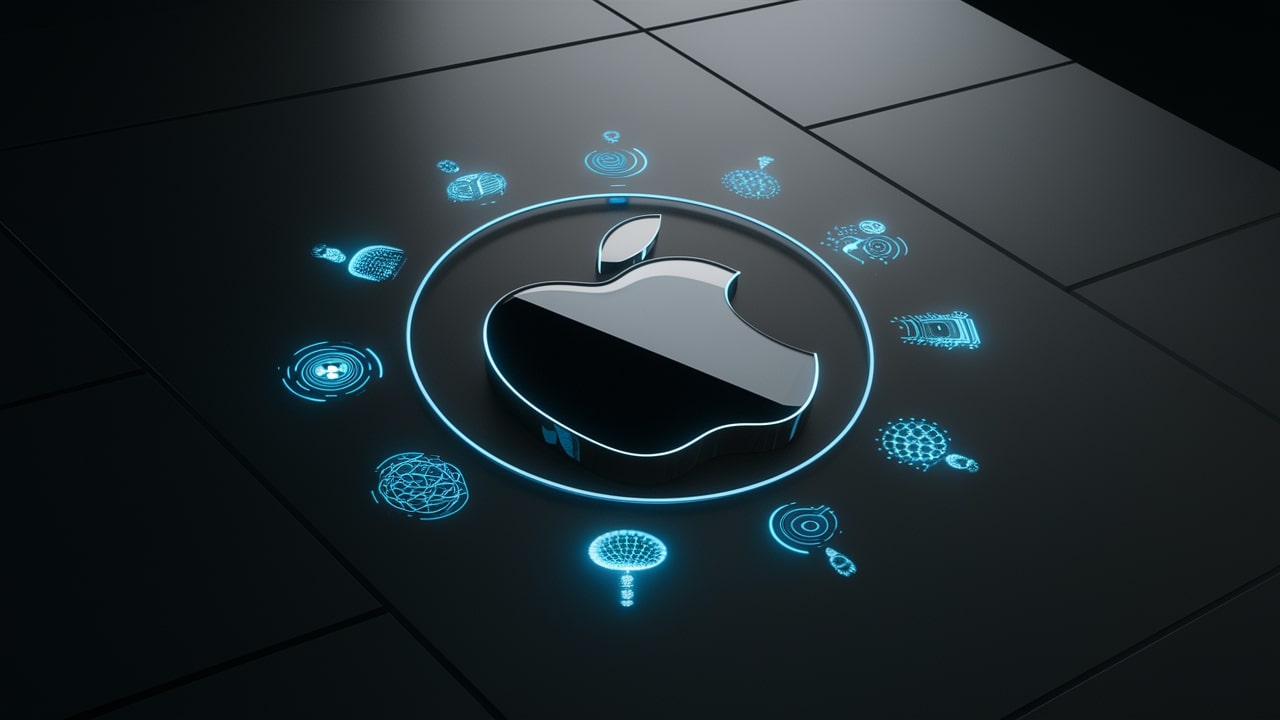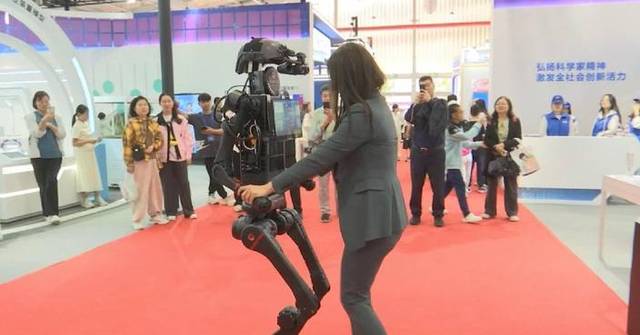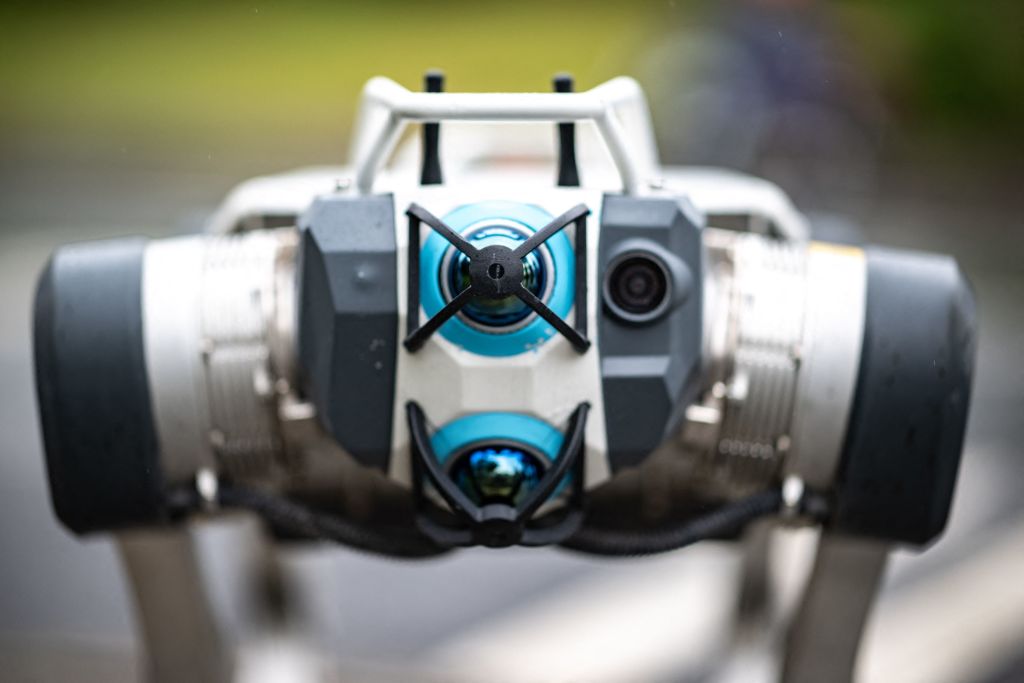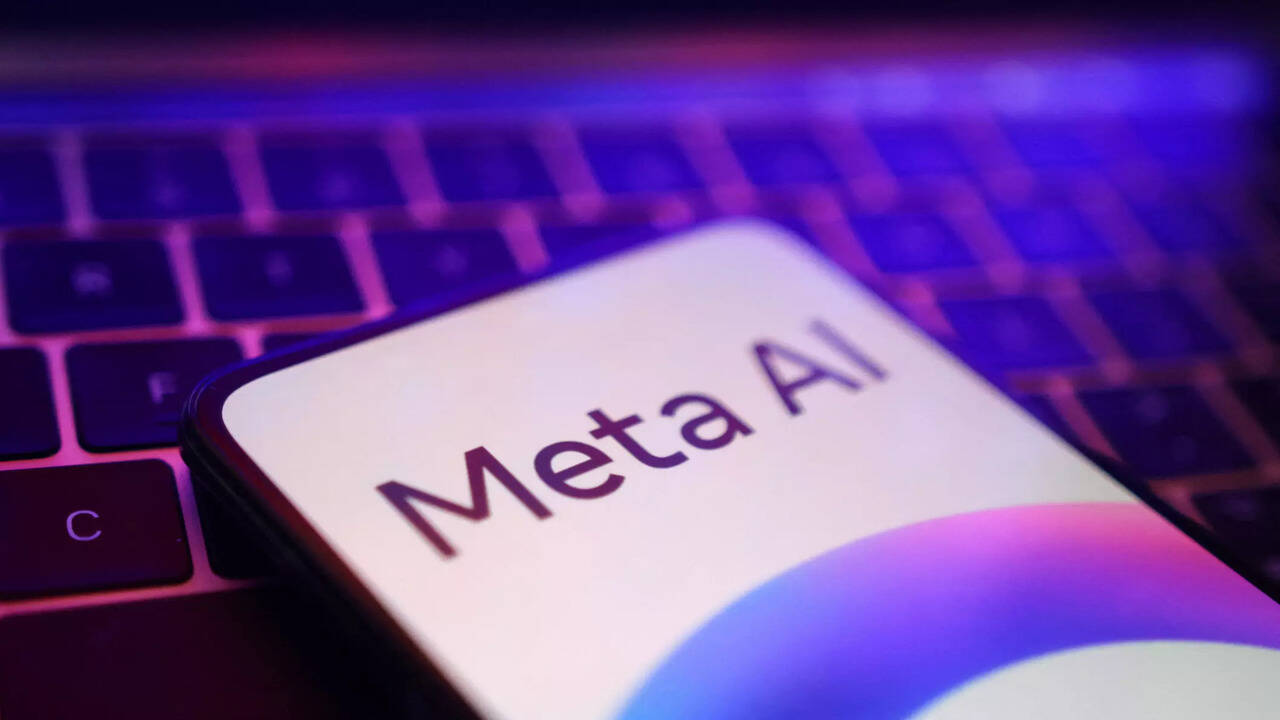- TECHSWU
- Posts
- TECHSWU #42
TECHSWU #42
Welcome to TECHSWU, your go-to destination for all things tech that matter in your daily life!



Yanai Milstein, VP of software at Aman, criticized the Israeli government's cloud strategy, saying that it is being implemented in an inefficient way that will lower security and raise costs. The government's project, called Nimbus Cloud Me, aims to provide cloud-based services to government offices, but Milstein argues that there is no unification of the data being stored, which leads to duplicated data and increased costs.
He suggests that this is a problem that would be unthinkable in the private sector, where multiple companies or factories would not allow each branch to keep separated data. Unifying the data would not only save costs and create a better system for users but also enable better cyber protection for the data.
Milstein's criticism highlights the need for better data management practices in government organizations.

The 8th edition of the Casablanca Smart City event is set to kick off on June 5th, bringing together industry experts, innovators, and policymakers to discuss the future of cities and technology. This year's theme is "Rethinking Smartness Concept," challenging traditional definitions of smart cities and exploring new ideas and innovations.
The event will feature a range of sessions, including panel discussions, keynote speeches, and interactive workshops. Participants will have the opportunity to learn from leading experts and share their own insights and experiences.
With the rapid advancement of technology and the increasing urbanization of cities, it is crucial to rethink the concept of smart cities and ensure that they are inclusive, sustainable, and beneficial for all. The Casablanca Smart City event aims to inspire new ideas and collaborations, driving the development of smarter cities around the world.


AI robots are not capable of cleaning our plastic-polluted oceans on their own, according to an article in The Business Standard. While AI algorithms have been used in efforts to combat climate change and pollution, there are limitations to their effectiveness.
The Ocean Cleanup project, for example, has developed an AI tool to detect and map plastic objects at sea, but its efforts have risks for ocean life and biodiversity. The project caught 193,832 kg of plastic along with 667 kg of bycatch, including fish, sharks, mollusks, and sea turtles.
Additionally, these efforts are only making a small dent in the problem, with 14 million tons of plastic entering the ocean each year. The article highlights the need for a global treaty to address the issue at its source and emphasizes that AI should be used in combination with other tools and community involvement.
While AI can be harnessed to help combat environmental challenges, it is not a magical solution.

Apple is planning to introduce AI features in its upcoming iOS 18 update, focusing on providing utility to consumers. The new features will include transcribing voice memos, retouching photos, and providing automatic suggestions for emails and text messages.
Siri will also receive upgrades powered by AI. One of the most exciting additions is "smart recaps," which will provide users with summaries of missed notifications, emails, web pages, and other media.
Additionally, Apple will incorporate generative AI to create custom emojis on-the-fly as users type. This feature may prove to be popular, following the success of Google's Emoji Kitchen.
Another feature exclusive to the iPhone is increased home screen customization, allowing users to change the color of app icons and place them anywhere on the screen, rather than being confined to a grid.


Node.sys has launched a new product called Node Pro, which aims to revolutionize the blockchain infrastructure landscape.
Node Pro serves as both a hardware node and a staking machine, allowing users to actively participate in network consensus mechanisms and earn rewards. Additionally, Node Pro functions as a secure hardware wallet, providing users with peace of mind over the safety of their digital assets.
The device also plays a crucial role in facilitating decentralized ecosystems, such as the IoT factory platform, by ensuring smooth transactions and functioning of decentralized manufacturing processes. Despite its impressive capabilities, Node Pro is compact and portable, making it convenient for users to carry around.
The device is priced at $599 and offers exceptional value for blockchain enthusiasts and professionals looking to enhance their blockchain experience. To pre-order and receive a discount, visit the Node.
sys website.
A new AI-controlled robot called the Autonomous Road Repair System (ARRES) has been deployed on British roads to prevent potholes from forming. Developed by Hertfordshire County Council in collaboration with tech company Robotiz3d and the University of Liverpool, ARRES uses AI to detect defects in the road and fill them in before they develop into potholes.
The prototype, which has been in development for nearly four years, successfully filled cracks in the roads of Hertfordshire during its first deployment. The robot is equipped with state-of-the-art imaging technology that allows it to identify damage in the road surface and fill it with tar.
The deployment of ARRES is seen as a step towards revolutionizing how countries combat the problem of potholes.


The reinstatement of net neutrality has been a hot topic in the telecoms sector since the Federal Communications Commission (FCC) voted in favor of it. Net neutrality ensures that Internet Service Providers (ISPs) treat all data on the internet equally, without discriminating or charging differently.
However, the article highlights that reinstating net neutrality may not be as simple as flipping a switch due to the advancements in technologies like 5G, Internet of Things (IoT), edge computing, and blockchain-based decentralized telecoms solutions. These advancements require differentiated network services, which the current net neutrality rules do not provide for.
Additionally, the article discusses the slow-moving nature of regulation and the possibility of net neutrality being repealed once again. As a result, challengers in the telecoms industry are developing solutions that prioritize the end consumer and aim to democratize access to communications through innovative technologies like blockchain.

Beijing Sci-tech Week kicked off with over 100 cutting-edge technological innovations on display. The week-long event, held at Shougang Park in Shijingshan District, showcased breakthroughs in artificial intelligence, new materials, and robotics.
One highlight of the event was humanoid robots, which developers said can be controlled remotely and mimic human behavior to solve various industrial problems. The exhibition also featured advanced display technologies to provide interactive experiences for visitors.
The event aimed to highlight Beijing's innovative achievements in the field of new quality productive forces and promote the charm and beauty of science and technology. In addition to the main event at Shougang Park, other districts and science popularization bases in Beijing also held special activities.
Visitors could reserve tickets online to attend the event, which concluded on June 1st.


Microsoft has unveiled its new AR/VR meetings platform, called Microsoft Mesh, which provides a shared space for users on its HoloLens platform and VR Windows Mixed Reality platform to interact with each other and 3D content. The software aims to enable developers to build their own experiences, tapping into the capabilities of Azure.
During a presentation, the company showcased potential use cases and brought in high-profile collaborators like James Cameron. Currently, Mesh can be accessed on HoloLens 2, many VR headsets, phones, tablets, and PCs.
Microsoft demonstrated a concept video of Mesh that shows the software appears to be a few years further ahead than what is currently available.

The battle for dominance in the electric car market is heating up as Tata Motors counters Skoda's new strategy with the upcoming launch of its own electric car. Skoda has been successful in India with its 2.
0 plan, introducing popular cars like the Kushaq and Octavia. Now, Tata Motors is looking to reduce Skoda's lead by launching the new Octavia later this year, directly competing with Skoda's offering.
In addition, Tata Motors will also be releasing its first electric car, which will directly rival Skoda's Enyaq iV. Both companies are looking to strengthen their hold in the Indian market, and this confrontation will likely benefit Indian customers with more options in the electric car segment.

The Small and Medium Enterprises Development Agency of Nigeria (SMEDAN) is planning to deploy technology to promote the advancement of businesses in the country, according to the agency's Director-General, Charles Odii. In an interview with the News Agency of Nigeria, Odii emphasized the importance of digital technology in economic development and stated that SMEDAN is aligning its initiatives with President Bola Tinubu's administration's focus on using technology to curb corruption and promote inclusivity.
The agency aims to use technology to identify and support small businesses, provide digital literacy training, and eliminate unnecessary bureaucracy. Odii also highlighted the use of technology to reach a wider audience and increase the impact of SMEDAN's training programs.
Additionally, the agency plans to deploy Artificial Intelligence to disseminate content across all 36 states in Nigeria. Through these digital initiatives, SMEDAN aims to contribute to a more transparent, efficient, and inclusive economy in Nigeria.

China has caused global concerns after displaying a gun-toting robot dog during its military drills with Cambodia. The event highlighted the intensifying race between the US and China to dominate robots and smart machines, which defense officials believe will play a crucial role in future wars.
The video of the armed robot dog in action during the drills went viral, raising safety concerns. The demonstration was done by Unitree, a Chinese firm that sells robots online, and it did not fire its weapon during the exercise.
China's growing influence in Cambodia is also worrying US officials, as Beijing has invested billions in the country. The deployment of armed robot dogs is still uncertain, but unmanned technologies are expected to have a growing role alongside troops, performing tasks such as carrying supplies, scouting danger, and acting as decoys.


Kenya's private sector is embracing big data analytics, artificial intelligence (AI), and machine learning (ML) to create value for both clients and shareholders in the banking sector. The Central Bank of Kenya listed big data and ML as key areas for technological innovation in the industry.
The use of big data analytics allows banks to analyze customer behavior and create more tailored financial products, improving the customer experience and giving products a competitive edge. Additionally, banks can leverage transactional data to better align offerings with customer demands.
AI and ML also have significant potential in risk management, with models able to predict financial crises. Kenya's private sector is increasingly incorporating these technologies into mainstream business operations, following on from the Data Protection Act introduced five years ago.

A young boy named Xiao Yu, who suffered from a condition called craniosynostosis that caused his head to become misshapen, has been given a chance at a normal life thanks to 3D-printing technology. Craniosynostosis closes the joints between the skull bones prematurely, resulting in deformed facial features.
The doctors used a 3D-printed model of Xiao Yu’s head to prepare for the surgery, allowing them to make a detailed surgical plan beforehand. Surgeons used an exact 3D model of Xiao Yu's skull to guide them during a four-hour operation, and also designed his new face with his family's features in mind.
The surgery was successful, and Xiao Yu now has a normal-shaped head. Doctors are optimistic that his brain will develop normally in the future.

Google I/O 2024, the annual event hosted by Google, showcased the tech giant's latest developments and innovations. This year, Google focused on its investment in AI, with updates to its Gemini products and the Gemini app.
However, there were also exciting announcements for the extended reality (XR) landscape, including updates to Google Maps' augmented reality (AR) features. Google introduced geospatial AR to Google Maps, allowing developers to create immersive experiences visible from a mobile device.
The company also revealed updates to its creator tools, such as the Geospatial Creator platform, which enables users to create and adjust anchors in Unity Editor. Additionally, Google showcased its AI/AR solution, Project Astra, and its immersive video conferencing solution, Project Starline, which enhances remote meetings using holographic technology.
Overall, while Google seems to be focusing on enhancing its existing apps and supporting developers, it is also investing in XR technologies, showing its commitment to the XR revolution.

Meta, the parent company of Facebook, is reportedly considering paying news organizations to improve the training of its AI language models. The company wants to enhance its generative AI tools, including Meta AI, and compete with Google and Microsoft in the market of generative AI search tools and chatbots.
Meta is currently discussing potential deals with news publishers for greater access to news, photo, and video content. While Meta CEO Mark Zuckerberg has claimed to have proprietary data for training AI models, concerns have been raised about the quality of this data.
News articles and essays are generally considered higher-quality training data compared to social media posts and comments. OpenAI recently signed a multi-year deal with media giant News Corp to access its content for AI model training, attracting attention to the potential benefits of partnerships with news publishers.
